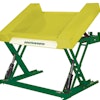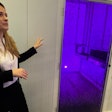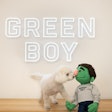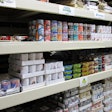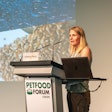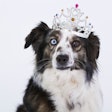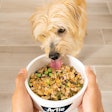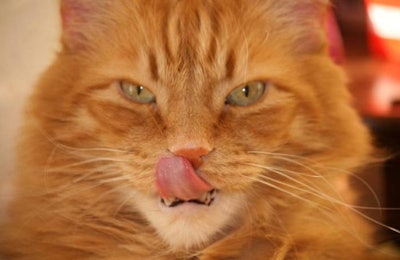
Almost 50% of US Millennials own cats, according to a recent survey commissioned by Nestlé Purina PetCare. And these 18- to 34-year-old cat owners are devoted, with 57% considering their feline friends as important as the human friends in their lives, and nearly 50% saying they tell their cats secrets no one else knows. Does this represent an opportunity for pet food companies and other pet product marketers?
The answer to that question may depend on whether that data, especially the cat ownership rate, is representative of all US Millennials. The Purina survey, conducted by Penn Schoen Berland, included 1,000 US Millennials, which seems like a large enough sample. Yet their rate of cat ownership is nearly double what other sources indicate. For example, Simmons data from Experian Marketing Services shows only 25.1% of US households in the 18-34 age bracket owned cats in 2014, though that was up from 23% in 2009 (as reported by Packaged Facts). Further, while dog ownership in the US continues to rise, up from 34% in 2005 to 39% this year (per the Spring 2015 Simmons National Consumer Study from Experian), overall US cat ownership has remained flat at 25%.
If we go by the more conservative and likely 25% cat ownership rate from Simmons, Millennials are at least keeping up with the overall US population and are even ahead of other demographic categories. And, Purina’s survey may offer some clues to help pet food and product marketers reach these (and other) cat owners. Consider that 90% of the respondents say they are “in sync” with their cats, and 88% consider themselves similar to their cats. At the risk of taking humanization—a concept that is often carried to the extremes already—to, and even past, the point of anthropomorphism, perhaps the opportunity is to develop products and convey messages that truly connect cat and owner?
Full confession: I’ve been a cat owner my entire adult life. While I grew up with some very special dogs and still love the canine species, as a teenager and college student, I started connecting with an older cat owned by my elderly grandmother next door. Then I married a fellow cat lover, and we’ve always found cats to fit our lifestyle best, even after our kids came along. (Both of whom, by the way, are now Millennials themselves and also cat lovers.)
Lifestyle choices aside—more than 80% of the Millennials in the Purina survey said that’s one of the main reasons they own a cat—I’m also one of those weird people who truly appreciate cats’ quirkiness, attitude of superiority and even their occasional standoffishness. Having spent time with so many cats over the years, I know (just like 86% of the survey respondents who consider their cats loyal companions) it’s a complete myth that cats are aloof and unaffectionate.
The thing about cats is, they just want to have the say over when they are affectionate toward their humans. Guess what? That describes me, too; so even though I’m far from a Millennial, I can relate to the concept of being in sync with my cats.
As a longtime, simpatico cat owner, what do I want to see in terms of pet food and other pet products? Pet food labels that are easier to comprehend, for one thing. And also much more innovation in cat food and products. The dog market and product development for dogs still dwarfs that for cats, especially in pet food, for obvious reasons. Except for smaller breeds, most dogs are larger than cats and, therefore, eat more, making the dog segment naturally more attractive to pet food manufacturers. And dog owners are much more likely to use treats for training or as rewards, and to take their pets out and about, necessitating having treats and other portable products on hand.
So, I do get why companies devote more product development resources to dogs than to cats. But given that Millennials seem open to cat ownership, and those that already own cats have such strong bonds with them, perhaps product developers and marketers should give a little more love to the feline side.


